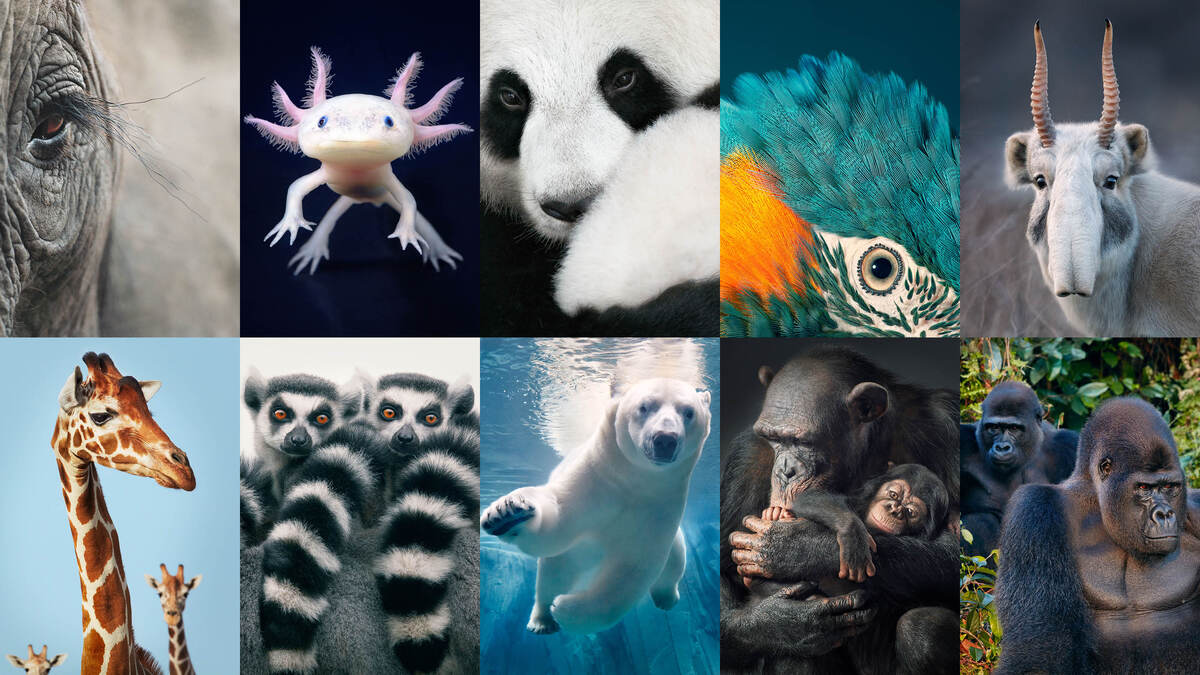With the annual United Nations climate summit in its final week, many of the world’s environment ministers gathered in Egypt have begun to look ahead to another high-stakes meeting for nature next month.
Experts say that for those environmental talks to be successful, governments must control global warming.
Climate change is one of the major causes of biodiversity loss, according to David Cooper, deputy chief of the United Nations Convention on Biological Diversity.
The United Nations will hold its next global biodiversity summit in Montreal next month, after host country China postponed the event four times due to the global COVID-19 pandemic.
National delegations will negotiate a new global agreement to protect plummeting wildlife populations and halt the ongoing degradation of landscapes at the COP15 talks, which will take place from December 7 to 19.
Campaigners are calling for a full-fledged “Paris Agreement for Nature,” in which countries set national conservation targets and then report on their progress toward meeting them on a regular basis.
Experts say that first, the world needs to see success in addressing climate challenges in Egypt.
Cooper stated that if the climate process does not produce positive results, we will be unable to halt biodiversity loss.
We don’t need a sixth mass-extinction event
Earth has experienced five mass extinction events, and scientists believe the sixth is currently underway, with animal and plant species disappearing at a rate not seen in 10 million years.
Habitat loss and pollution exacerbate the world’s wildlife crisis, and climate change poses a growing threat as global temperatures rise. That’s the topic of the nature summit next month.
According to research published in the journal Science in 2018, without a drastic reduction of greenhouse gas emissions, as many as half of all species will face temperatures and conditions beyond their ability to survive by the end of the century.
Those who are unable to migrate or adapt will perish. The loss of forests and other ecosystems such as coral reefs and seagrass beds will also reduce the world’s natural carbon sequestration. Already, these “carbon sinks” absorb roughly half of the excess emissions that humans emit into the atmosphere by burning fossil fuels.
We are also seeing that biodiversity provides solutions to climate change, which is why they must be considered together, according to the CBD’s executive secretary, Elizabeth Maruma Mrema.
Scientists and activists want the COP15 conference next month to end with a “nature positive” agreement that commits countries to ensure that there are more wild spaces and creatures in seven years than there are now.
Addressing climate change is impossible solely through emissions. Virginijus Sinkeviiu, European Commissioner for Environment, Oceans, and Fisheries says we don’t have a success story if ecosystems aren’t able to cope.
She stated that this is the greatest danger.
The biodiversity agreement – almost done for the nature summit
With only a few weeks until the COP15 summit, the draft of a hoped-for biodiversity agreement needs finalization.
We are concerned about COP15, said Marco Lambertini, director general of World Wildlife Fund International.
On Wednesday, the architects of the 2015 Paris Climate Agreement, which aims to keep global warming well below 2 degrees Celsius, issued a statement urging world leaders to reach a similar agreement on nature.
According to the statement, there is no way to limit global warming to 1.5 degrees Celsius without taking action to protect and restore nature.
Before heading to Montreal, campaigners and delegates told Reuters that they want a strong cover statement on biodiversity to come out of COP27. China remains the official host, despite the fact that the talks are now in Canada.
Canadian Environment Minister Steven Guilbeault also stated that he “wishes to see a strong acknowledgment for the Convention on Biological Diversity in the final COP27 outcome.”
A request for comment from the Chinese delegation at COP27 was not responded to. President Xi Jinping did not attend the Sharm el-Sheikh climate talks and is not expected to attend COP15.

